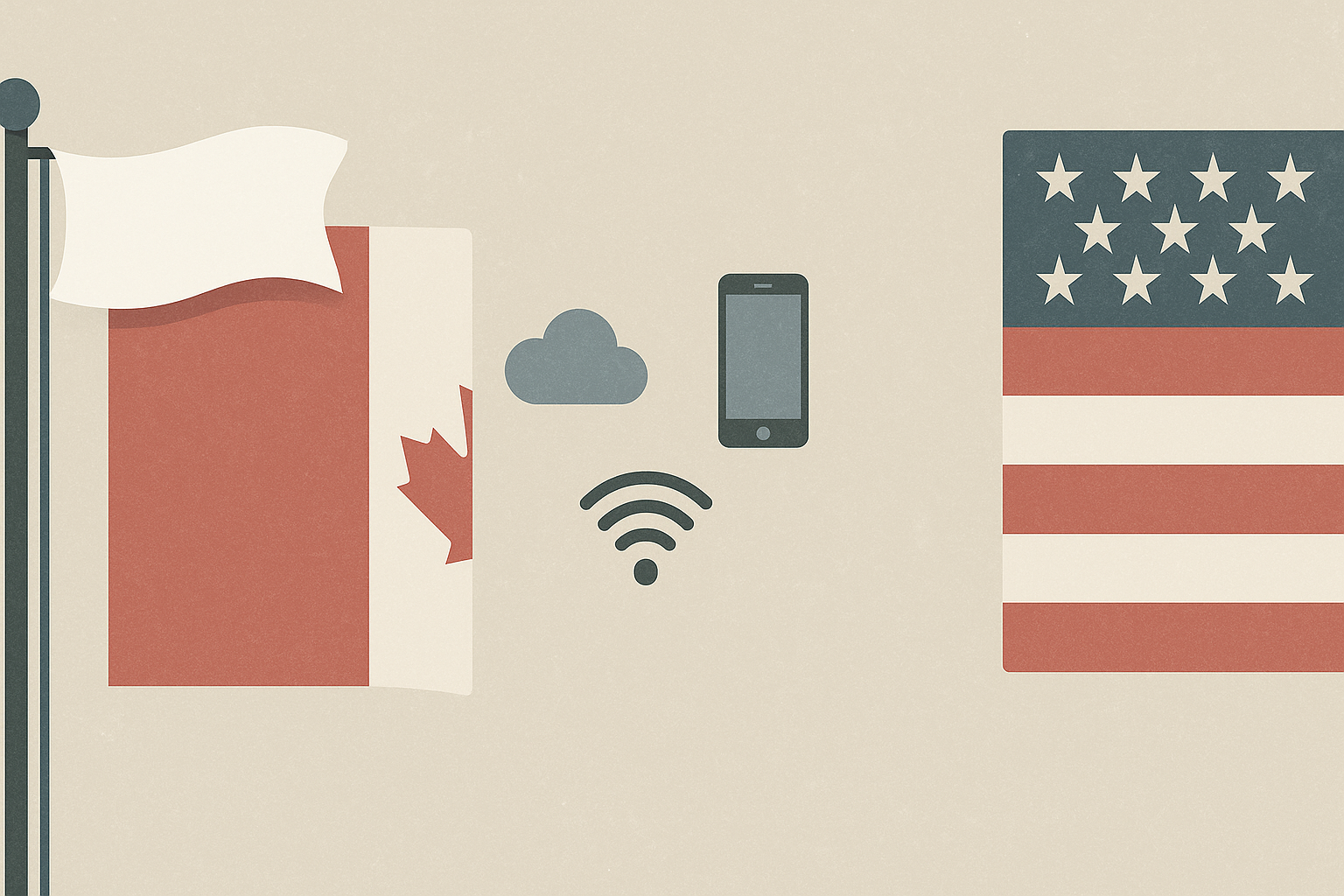Canada's decision to back down on its digital services tax has futures pointing higher this morning—a classic case of economic reality trumping political posturing.
Prime Minister Mark Carney's government announced yesterday they're shelving the controversial tax to "advance trade negotiations" with the United States. Translation? They're waving the white flag after President Trump threatened retaliatory tariffs that would've hit Canadian exporters where it hurts.
Look, we've seen this movie before. Country introduces tax targeting mostly American tech giants, US threatens painful countermeasures, country suddenly discovers newfound flexibility in its tax policy. It's practically a script at this point.
I've been tracking digital services taxes since they first emerged around 2018, and they never fail to fascinate me. They're the perfect storm of modern economic tension—trying to tax companies that make billions in your country without having much physical presence there.
The problem? Our international tax framework was built for a world where you could count smokestacks and office buildings, not track invisible data flows and digital transactions.
For Canada, the math was pretty straightforward (if uncomfortable). Do they stick to their principles and potentially face tariffs across multiple export sectors? Or do they fold this particular hand and live to play another day?
They folded. Fast.
"Canada needs access to US markets more than Facebook needs Canadian users," a Toronto-based trade analyst told me yesterday. "It's not complicated."
What's particularly telling is the timing. With Trump preparing to retake the White House in January, Carney's team clearly calculated that any trade friction now could become a five-alarm fire by February. Better to clear the slate before Trump has his finger on the tariff button again.
The markets are responding predictably—nothing makes investors happier than seeing potential trade conflicts defused before they escalate.
I remember chatting with a deputy finance minister in Ottawa back in 2021 (off the record, of course) who admitted, "We have strong positions on digital taxation... but we also have reality." That reality includes sharing the world's longest border with your largest trading partner.
For American tech companies, this represents another win in their long game against country-by-country taxation. Their strategy has always been to push for a global solution through the OECD while fighting individual national taxes. Every country that backs down strengthens their hand at the international table.
(And yes, they're playing a very, very strong hand to begin with.)
What's next? The US and Canada will now restart broader trade talks, aiming for a comprehensive agreement by July 2025. The digital tax may reappear in those discussions, but almost certainly in a watered-down form that American negotiators—and their tech industry backers—can stomach.
The whole episode is a reminder that in international relations, sovereignty has its limits. You can assert whatever taxing rights you want... until your trading partner decides to make you pay for it.
As one economist put it to me years ago, "Tax policy is like boxing. Weight classes exist for a reason."
